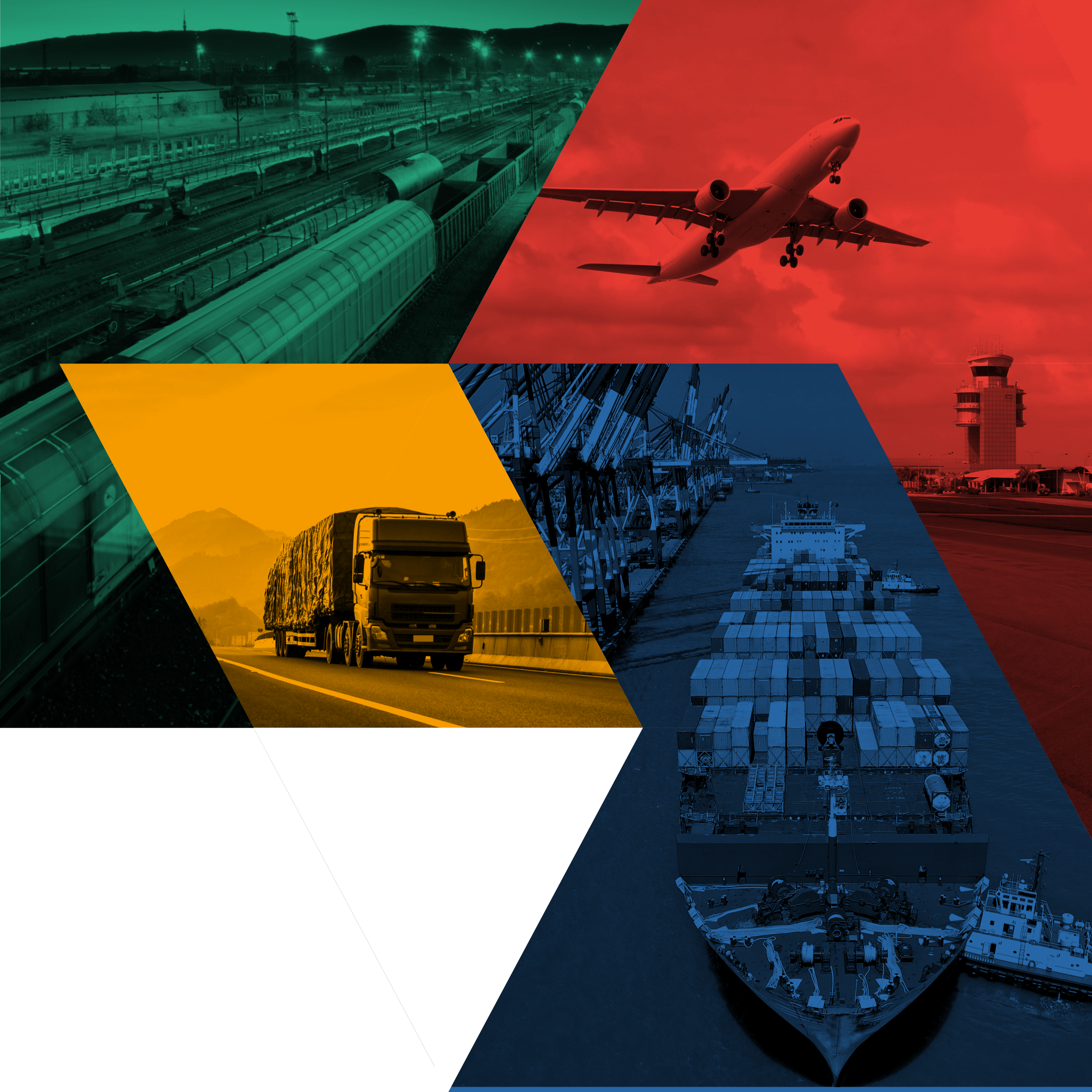International Logistics and Sourcing

Learning objectives
By the end of this online course you will be able to:
List the different types of freight forwarders and transport intermediaries.
Identify the various transport modes and the commercial practices for each.
List the key transport documents associated and required between the different methods of international shipments.
Understand how the World Customs Organisation (WCO) harmonises tariffs.
Identify the strategic benefits/risks of shifting production via international outsourcing.
Describe the principal functions of a traditional marine Bill of Lading.
Understand commercial practice in cargo insurance.
Learn to distinguish the Incoterms® which place customs clearance duties on the Parties
Identify the significance of “customs classification” issues and how they relate to the payment of import duties.
Understand how to use the Total Cost of Ownership (TCO) measure to evaluate the benefits of outsourcing, and the relative advantages of certain factories or suppliers.
Course curriculum
Lessons
In this lesson, we will cover the legal rules that apply to international transport. We will look at how to make proper decisions when it comes to transport and consider why it’s important to have good relationships with the carrier or forwarder.
In this lesson, we will cover the four modes of international transport and their associated freight practices, shipping documents, and insurance practices.
Exporters at any level of experience should develop a cursory understanding of customs regulations and what is needed to comply with them.
In this lesson, we will cover how original equipment manufacturers outsource production to overseas suppliers – while carefully assessing the supply chain costs, risks, and rewards.
In this section, we will take a look at three sample case studies that showcase how simple solutions can remedy problems often seen in this sector.
FAQs
Answers to your most commonly asked questions.
This course forms part of the curriculum for the Export/Import Certificate (EIC) but can also be purchased on its own.
If you just complete this course then you will earn a Letter of Completion once you finish (please note there is no exam for this individual course).
However, this course can also be put towards achieving the EIC qualification. More details can be found here.
If you complete the EIC then you will earn a Certificate of Achievement, signed by the ICC Secretary General, once you pass the final exam.
A strong interest in international trade is recommended and all candidates need to be able to read and write in English.
Your purchase includes 12 months to access all 5 lessons. You can access the lessons as many times as you like within the 12-month access period.
This course is accredited by the London Institute of Banking and Finance (LIBF), the Institute of Banking and Finance Singapore (IBF), The Bankers Association for Finance and Trade (BAFT) and the Global Trade Professionals Alliance (GTPA).
Due to the immediate availability of our course content upon registration, ICC Academy has a strict no-refund policy for our courses and certifications. For more details, please refer to our Terms and Conditions.
This online course will take approximately 3-4 hours to complete depending on your level of experience.
Candidates will have 12 months to complete the 5 lessons.
- One-year access to the online course and all 5 lessons
- 3 case studies and 43 assessment questions – we’ll show you how to apply what you learn to real-world scenarios
- 25 animated explainer videos and 1 video lecture
- A printable glossary containing all the key terms for you to refer to throughout the course
- A downloadable study reference guide
- Dedicated, full-time IT support
Yes, all our courses are taken online. This means they are accessible at any time, from anywhere in the world. Learn when and where you want.
This course has been designed for export and import managers, trade finance bankers, freight forwarders and carriers, customs brokers, private and government inspectors and auditors, insurance providers, trade lawyers and trade promotion executives.






